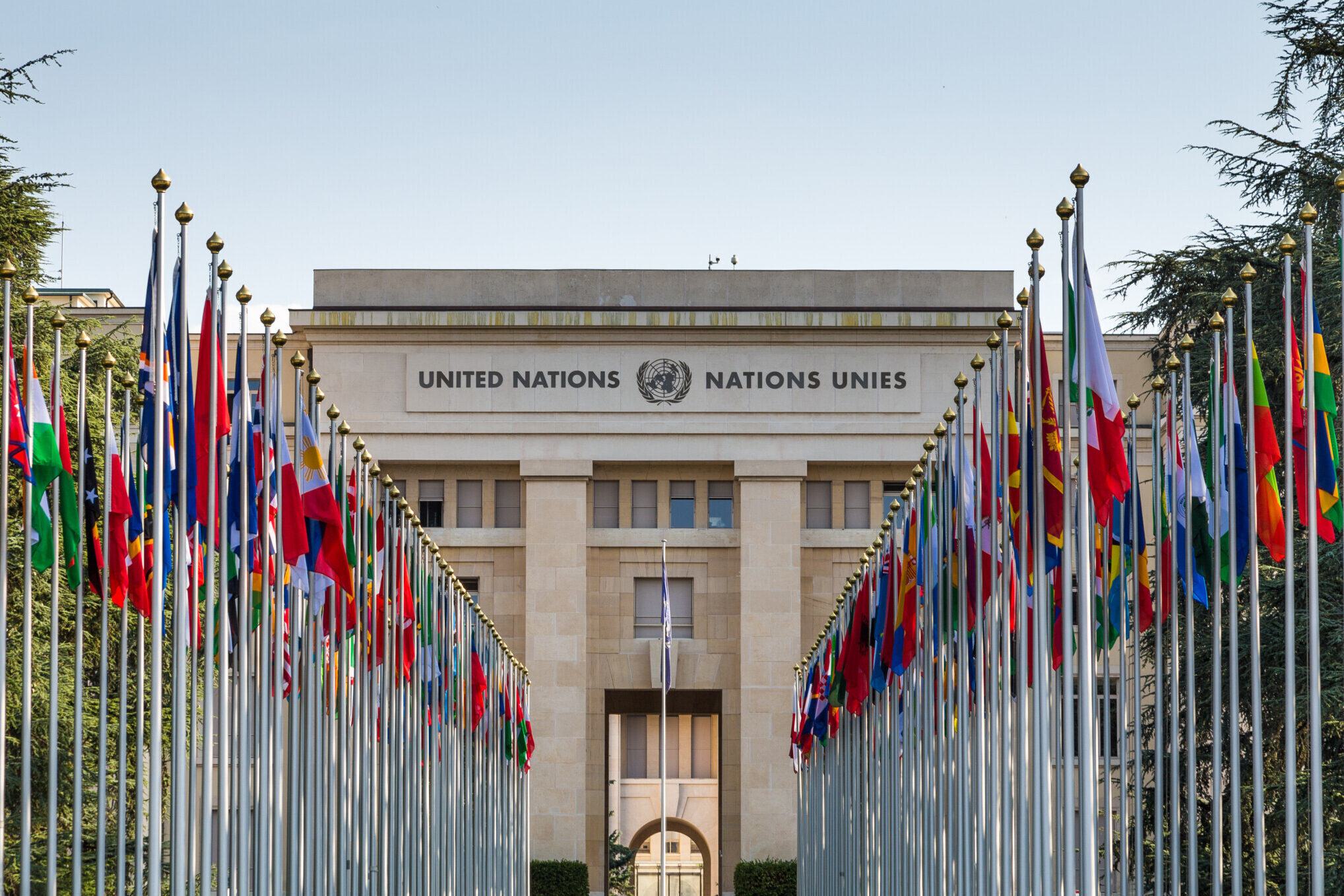The United Nations Human Rights office released a statement urging Alabama to halt the nitrogen hypoxia execution of Kenneth Eugene Smith.
"We are alarmed by the imminent execution in the United States of America of Kenneth Eugene Smith, through the use of a novel and untested method – suffocation by nitrogen gas, which could amount to torture or other cruel, inhuman or degrading treatment or punishment under international human rights law," spokeswoman for the UN High Commissioner for Human Rights Ravina Shamdasani said in a statement.
Smith is scheduled to be executed on January 25. He would be the first inmate in the nation to be put to death by nitrogen gas.
"We have serious concerns that Smith's execution in these circumstances could breach the prohibition on torture or other cruel, inhuman, or degrading treatment or punishment, as well as his right to effective remedies," Shamdasani added. "These are rights set out in two International Human Rights treaties where the United States is bound by – the Covenant on Civil and Political Rights and the Convention against Torture and Other Cruel, Inhuman or Degrading Treatment or Punishment."
Smith's victim, Elizabeth Sennett, died in 1988 after being stabbed eight times in the chest and once on each side of the neck. Court records show Smith and another man were paid $1,000 by Sennett's husband, Rev. Charles Sennett, to kill her. The reverend took his own life a week later, and the other suspect, John Forrest Parker, was executed in 2010.
Nitrogen hypoxia has been authorized as an execution method in Alabama, Oklahoma and Mississippi.
To connect with the author of this story or to comment, email erica.thomas@1819news.com.
Don't miss out! Subscribe to our newsletter and get our top stories every weekday morning.










